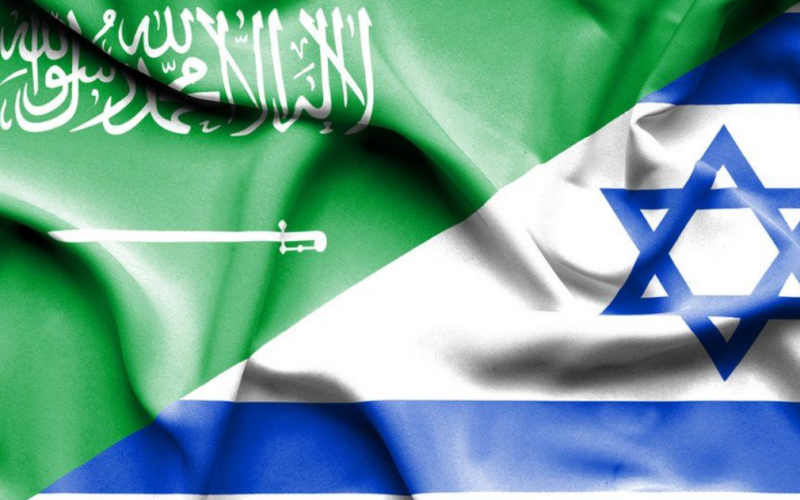A recent survey conducted by the Washington Institute for Near East Policy has unveiled significant public sentiment in Saudi Arabia against establishing diplomatic ties with Israel. The findings, which challenge the Biden administration’s efforts to encourage Saudi-Israeli normalization, demonstrate the complexities involved in navigating such diplomatic decisions amid public opinion.
According to the poll conducted from Nov. 14 to Dec. 6, a staggering 96 percent of Saudis believe that Arab nations should sever all connections with Israel in protest of the conflict in Gaza. This poses a notable challenge to diplomatic initiatives seeking greater regional cooperation.
The survey also revealed a shift in Saudi attitudes toward Hamas, with 40 percent expressing positive views, compared to 10 percent before the Gaza conflict. However, only 16 percent supported Hamas abandoning its call for Israel’s destruction in favor of a “two-state solution.”
While Saudi Arabia has witnessed increased centralization of power in recent years, particularly under Crown Prince Mohammed bin Salman, the survey underscores the continuing relevance of public sentiment in shaping decisions. The Crown Prince, often seen as the de facto leader, must consider the views of the populace even as the country has experienced heightened political repression.
Despite expectations that younger Saudis might be more receptive to normalizing relations with Israel, the survey challenges this assumption. The lack of consistent polling data in Saudi Arabia, coupled with the climate of political repression, complicates the analysis of evolving public attitudes.
The survey was conducted against the backdrop of diplomatic talks between Saudi and American officials, aiming to move closer to a historic normalization deal. While Prince Mohammed acknowledged the progress in discussions, the survey’s results may influence the delicate balance between the potential benefits of normalization and public opposition to such a deal.
The survey indicated that a majority of Saudis believed that Hamas did not intentionally target civilians in its attacks. However, differing narratives about civilian casualties underscore the challenges of interpreting events in the context of the Israeli-Palestinian conflict.
The survey’s findings provide valuable insights into Saudi public opinion regarding diplomatic relations with Israel. As diplomatic efforts continue, the complexities of balancing geopolitical considerations with domestic sentiment become increasingly apparent. Navigating these challenges will be crucial for policymakers aiming to shape the country’s foreign relations in the coming years.








